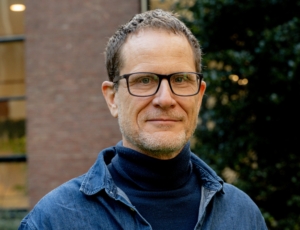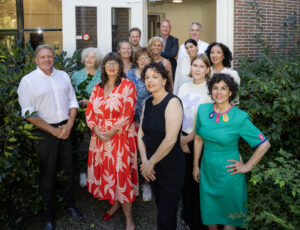On Thursday 18 November 2010 at 11.00 , Richard Gill, Distinghuised Lorentz Fellow, will hold a seminar in NIAS’s Lecture Room about the role of science and statistics in judicial proceedings.
In March 2003, Dutch nurse Lucia de Berk was sentenced to life imprisonment by a court in The Hague. She was accused of five murders and two attempted murders of patients under her care at a number of hospitals in The Hague between 1996 and 2001. The only hard evidence against her was a statistical analysis resulting in a p-value of one in 342 million which purported to show that it could not be coincidence that so many incidents and deaths occurred on her ward while she was on duty. On appeal in 2003, the life sentence was confirmed, this time for seven murders and three attempted murders. This time, no statistical evidence was used at all: all the deaths were proven to be unnatural, and scientific medical evidence showed that Lucia had caused them. However, after growing media attention and pressure by concerned scientists, including many statisticians, new forensic investigations were undertaken which showed that the conviction was unreliable. After a new trial, Lucia was spectacularly and completely exonerated in 2010.
In the seminar, Gill will discuss the statistical evidence and will show how it became converted into incontrovertible medical-scientific proof in order to secure the second, and as far as the Dutch legal system was concerned, definitive conviction. Gill will also show how statisticians were instrumental in convincing the legal establishment that Lucia should be given a completely new trial. The story of Lucia de Berk brought a number of deficiencies to light in the way in which scientific evidence is evaluated in criminal courts. Similar cases to that of Lucia occur regularly all over the world. The question of how the scientific data should be statistically analysed is still problematic. Gill believes that there are also important lessons to be learnt by the medical world. However, the Dutch medical community, where most people still believe Lucia to be a terrible serial killer, is resisting all attempts to uncover what really happened.
The seminar will discuss what seem to be common elements of the Lucia case and a couple of almost unknown but equally disturbing Dutch cases: Kevin Sweeney and José Booij. All these cases started with unlucky coincidences and tensions between a handful of particular individuals, one of them being something of an outsider. Then the impossibility of correcting a series of cumulative errors in strongly hierarchical organisations sealed the fate of the victims and tragedy could not be averted.



